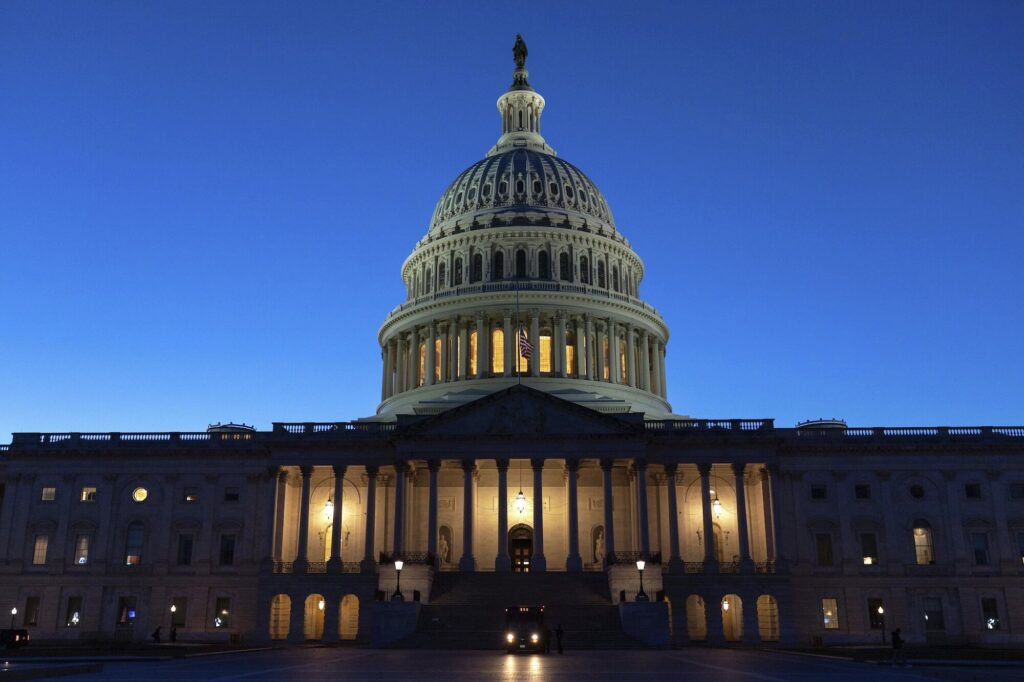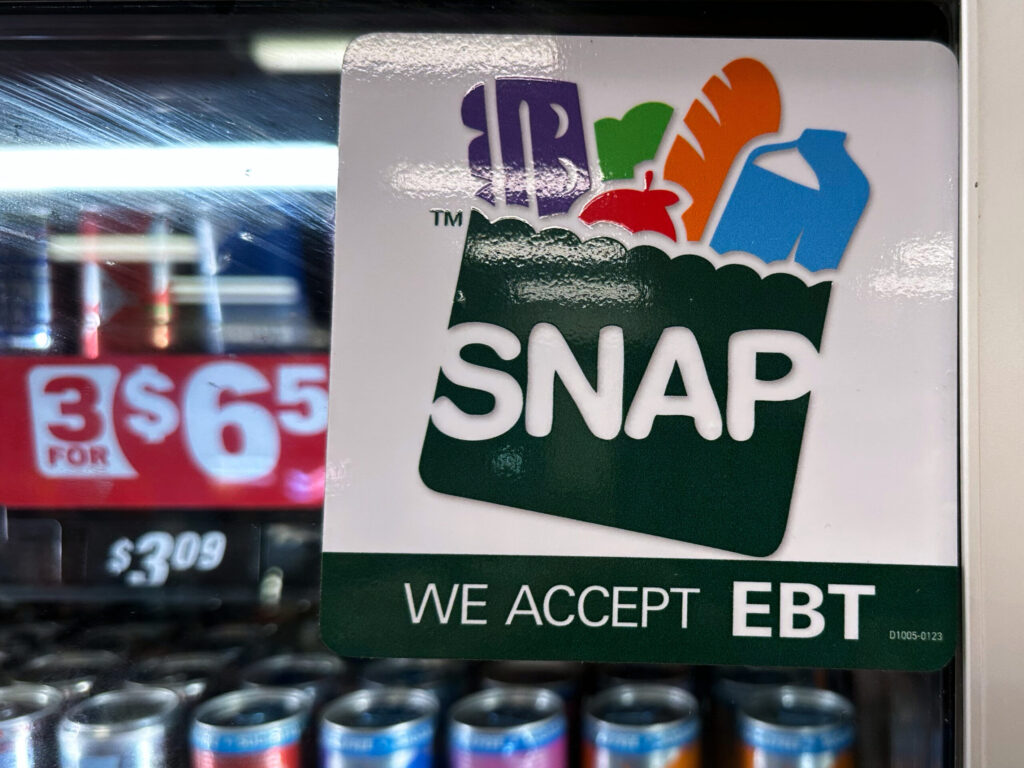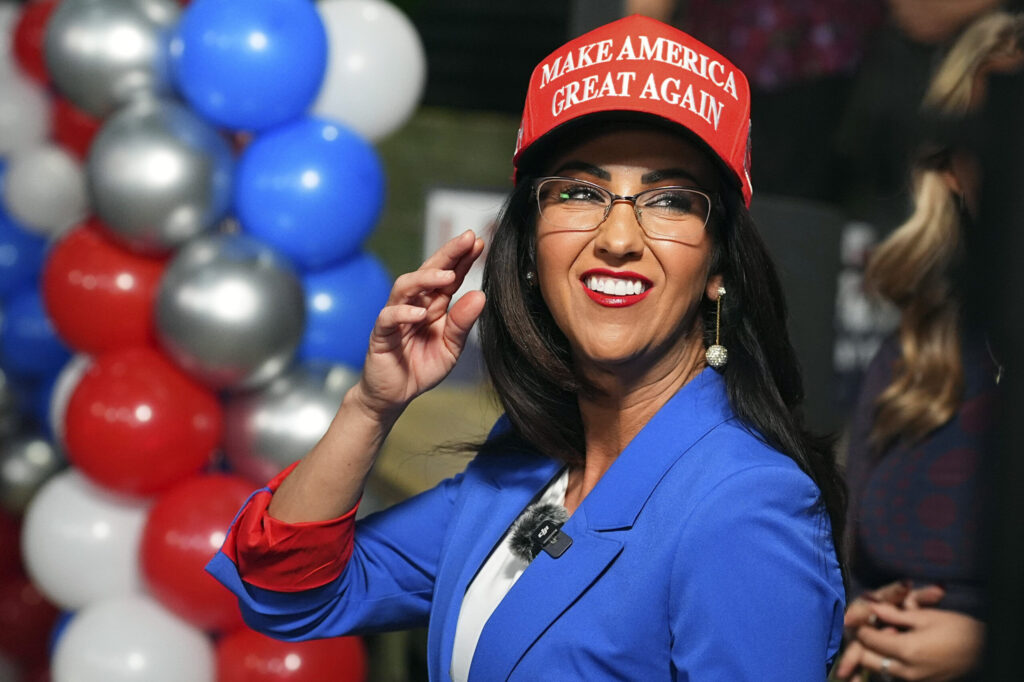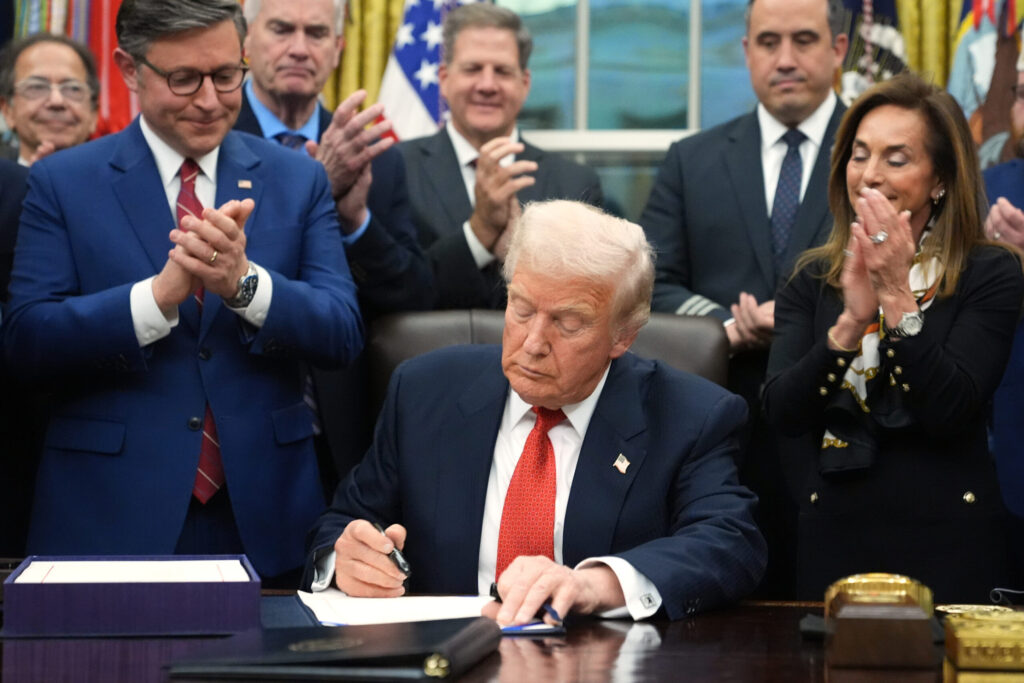Trump-style victory not so unprecedented after all
There’s one thing that’s not entirely unique about Donald Trump winning the White House: a majority of Americans didn’t vote for him. As freelance writer Chelsea Samelson points out in today’s point-counterpoint in the Colorado Springs Gazette, it’s happened four other times in American history.
George W. Bush won a first term over Al Gore in 2000, even though Gore had 540,000 more votes-enough that it would be Colorado’s second-largest city. Clinton’s lead over Trump has topped 1.5 million.
The majority didn’t rule when John Quincy Adams (like Trump, a member of multiple parties), Rutherford B. Hayes (Republican) and Benjamin Harrison (yep, another Republican) won the White House. Heck, Adams, in 1824, lost the popular vote and the Electoral College to Democrat Andrew Jackson.
Jackson, the Trump of his day, didn’t reach the necessary 131 electoral votes, and the House of Representatives chose Adams.
Does history suggest it’s time to punt the Electoral College? Writes Samelson:
Funny how they only seem to say that when the election doesn’t go their way… Actually, the Electoral College is brilliant. And it all boils down to this: You either believe in federalism or you don’t.
Gary Fornander, a retired schoolteacher and a board member of the left-leaning voting-rights group Common Cause, counters in the same face-off that the Electoral College was born of compromise to keep the North and South united.
Today it puts an outsized amount of power in a few swing states, including Colorado, he said:
The winner-take-all rules effectively direct candidates away from states like deep red Texas and true blue California. Instead, the campaign is mostly waged in ‘battleground’ states like Colorado, where voters are closely divided…Trump and Hillary Clinton spent 94 percent of their campaign money and post-convention visits in only 12 states.
He said the Electoral College no longer serves any current need:
The good news is we can fix these problems through state legislation rather than a constitutional amendment…
The National Popular Vote Compact, already adopted by 10 states and the District of Columbia, would refine the Electoral College to bring every voter into play. The compact is an agreement that would require participating states to cast their electoral votes for the winner of the national popular vote, regardless of the outcome in their states. It enjoys significant bipartisan support; polls suggest 70 percent or more of Americans believe the president should be the popular vote winner.











